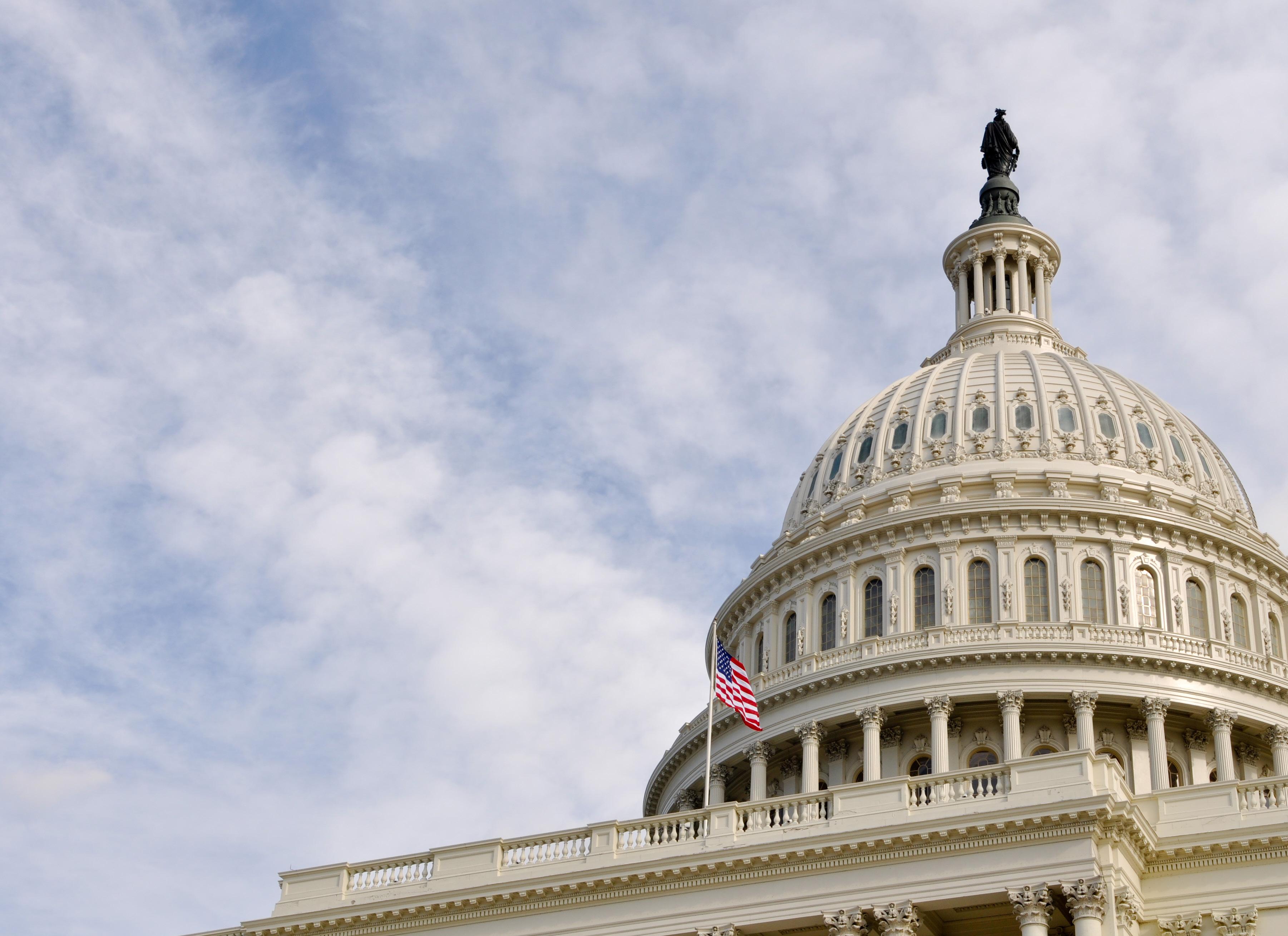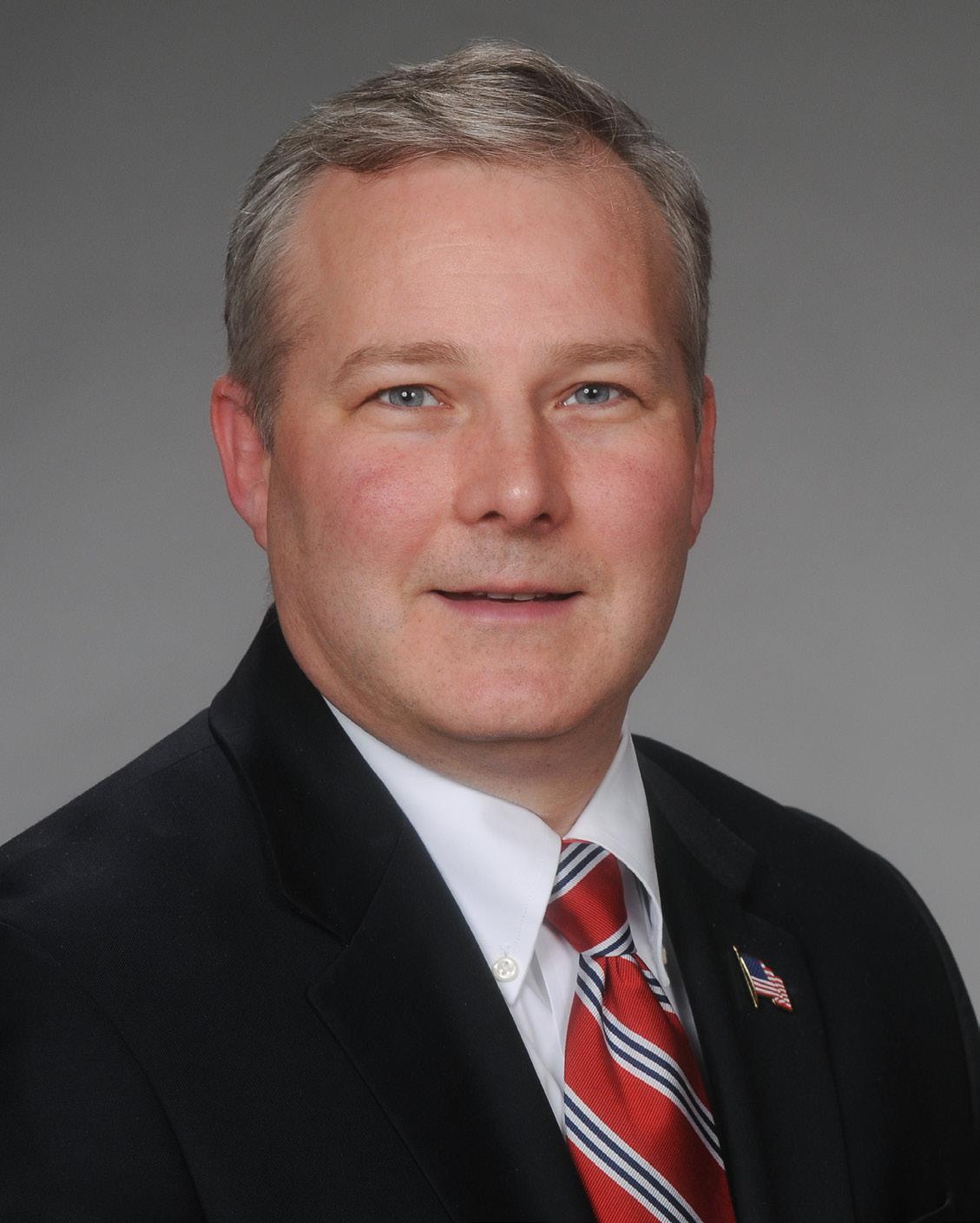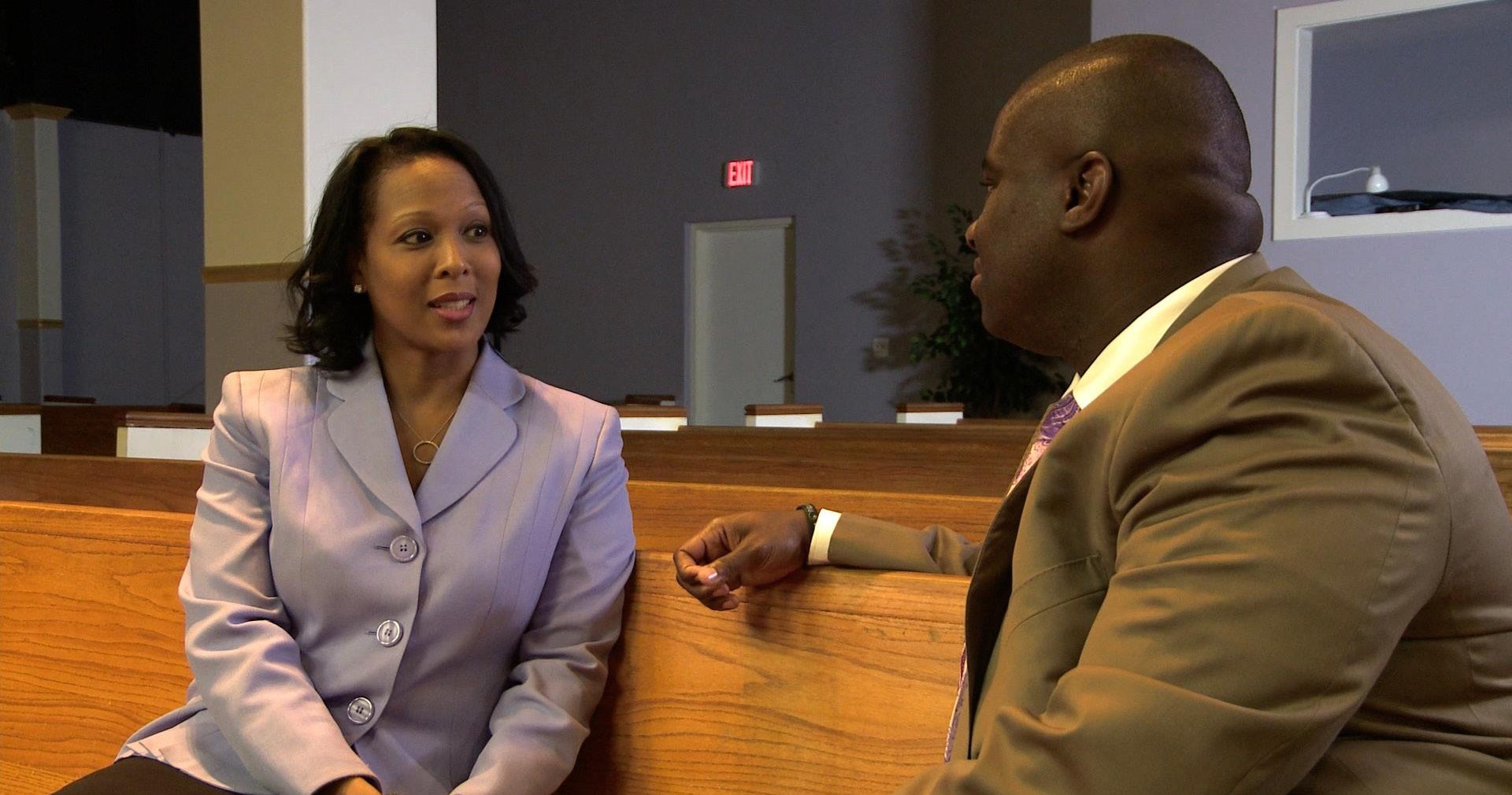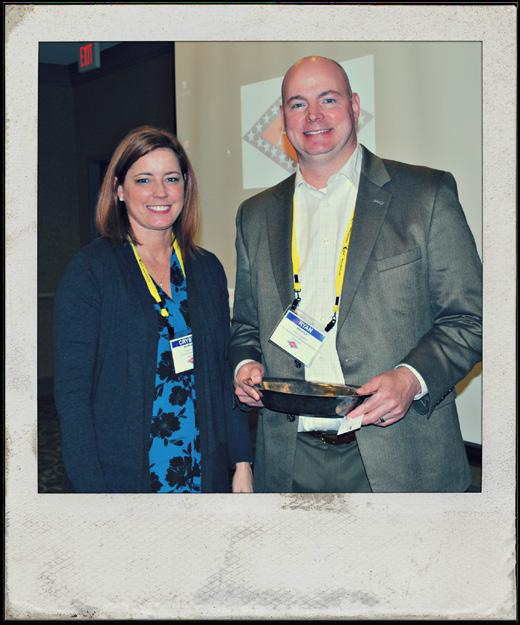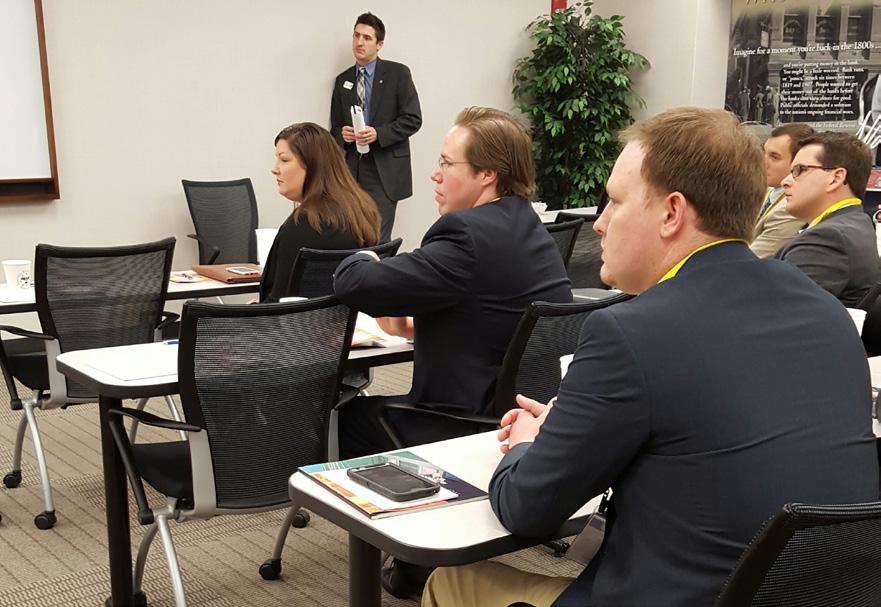
5 minute read
Automatic Stay Exceptions Provide Leeway for Financial Institutions
MEMBER Mary-Tipton Thalheimer practices law in the areas of debtor and creditor rights and bankruptcy with Quattlebaum, Grooms & Tull PLLC in Little Rock. Thalheimer holds a B.S. in Business Administration from Washington & Lee University, her J.D. from the University of Arkansas at Little Rock William H. Bowen School of Law, and an LLM in Bankruptcy from St. John’s University.
Quattlebaum, Grooms & Tull PLLC is an ABA Associate Member. ABOUT THE AUTHOR
Once a debtor files a petition for protection under the United States Bankruptcy Code, an automatic stay goes into effect, providing the debtor with breathing room from its creditors and preventing the creditors from racing to the courthouse. The Bankruptcy Code provides a list of actions from which creditors are stayed, 1 but put simply, the automatic stay stops creditors from pursuing collection efforts against the debtor. The automatic stay generally remains in effect for the duration of the debtor’s bankruptcy case unless the bankruptcy court grants a creditor’s motion for relief from the stay following notice and a hearing, which can be a costly, time-consuming process. Fortunately for financial institutions, the Bankruptcy Code provides several relevant exceptions to the automatic stay. 2
Creditors are not stayed from the postpetition presentment of a negotiable instrument executed by the debtor prepetition. 3 For example, if a debtor executes a check before filing for bankruptcy protection, the creditor may present the check to the debtor’s bank postpetition without violating the automatic stay. However, only funds that do not constitute property of the estate, such as funds a Chapter 7 debtor earns postpetition, can be used to pay the check. 4 Otherwise, the transfer of funds may be avoided pursuant to other provisions of the Bankruptcy Code. In the event the check is dishonored, the creditor can also give notice and protest the dishonor of the check post-petition without violating the automatic stay. 5 It is worth noting that the automatic stay does not prevent the commencement or continuation of
criminal proceedings against the debtor. 6 Consequently, a debtor cannot avoid criminal prosecution for writing a bad check by filing for bankruptcy relief. Creditors also have some latitude in perfecting liens on property of the estate. A creditor may perfect a lien post-petition if, absent the bankruptcy filing, the creditor could have perfected its interest against an entity acquiring rights in the property before the date of perfection. 7 For example, under Arkansas law, to perfect a lien on a vehicle, a lender has 30 days after the execution of the security agreement to file the requisite documents with the Office of Motor Vehicles. If the creditor files the documents within that period, the lien on the vehicle is deemed to be perfected as of the date of the execution of the documents. 8 Accordingly, if a debtor signs the documents pre-petition, the automatic stay does not prevent a creditor from filing them post-petition so long as the creditor does so within the 30 day period. Creditors may also take actions necessary to maintain or continue perfection of a security interest. 9 Under Arkansas law, a UCC financing statement is generally effective for five years. The automatic stay does not prevent a creditor from filing a continuation statement post-petition to make the financing statement effective for an additional five years. 10
Congress included several exceptions to the automatic stay in an effort to stabilize the securities and related markets following a participant’s bankruptcy. 11 As a result, stock brokers, commodity brokers, financial institutions, and securities clearing agencies may exercise any contractual rights under a security agreement, commodity contract, forward contract, or securities contract, including the right to setoff, even after the debtor files for bankruptcy protection. 12 Likewise, the automatic stay does not prevent repo participants from exercising contractual rights under repurchase agreements; 13 swap participants from exercising contractual rights under swap agreements; 14 or master netting agreement participants from exercising contractual rights under master netting agreements. 15 For example, the automatic stay does not apply to a stockbroker’s post-petition sale of a debtor’s security to satisfy a margin call 16 or a repo participant’s post-petition sale and repurchase of mortgage loans pursuant to a repurchase contract with the debtor. 17
These exceptions to the automatic stay enable financial institutions to continue many types of business activities notwithstanding a debtor’s bankruptcy
1. See 11 U.S.C § 362(a). 2. The exceptions are listed in § 362(b)(1)-(28). 3. See 11 U.S.C § 362(b)(11). 4. See e.g., In re Kearns, 432 B.R. 276 (Bankr. D. Idaho). 5. Id. 6. See id. § 326(b)(1). 7. Mouton v. Toyota Motor Credit Corp. (In re Mouton), 479 B.R. 55, 60 (Bankr. E.D. Ark. 2012) (citations omitted). 8. Id. (citing Ark. Code Ann. §§ 27-14-802 and 805). 9. In re Miller, 444 B.R. 177, 180 (Bankr. E.D. Ark. 2011) 10. See Ark. Code Ann. §§ 4-9-515(a) and (e) (2013). 11. According to Congress: It is essential that stockbrokers and securities clearing agencies be protected from the issuance of a court or administrative agency order which would stay the prompt liquidation of an insolvent’s positions, because market fluctuations in the securities market create an inordinate risk that the insolvency of one party could trigger a chain reaction of insolvencies of the others who carry accounts for that party and undermine the integrity of those markets. 28 Cong. Rec. § 15981, (daily ed. July 13, 1982) (remarks of Sen. Doyle). 12. See 11 U.S.C. § 362(b)(6). 13. See id. § 362(b)(7). 14. See id. § 362(b)(17). 15. See id. § 362(b)(27). 16. See In re Weisberg, 136 F.3d 655, 659 (9th Cir. 1998). 17. See Calyon N.Y. Branch v. Am. Home Mortg. Corp. (In re Am. Home Mortg., Inc.), 379 B.R. 503, 513 (Bankr. D. Del. 2008).
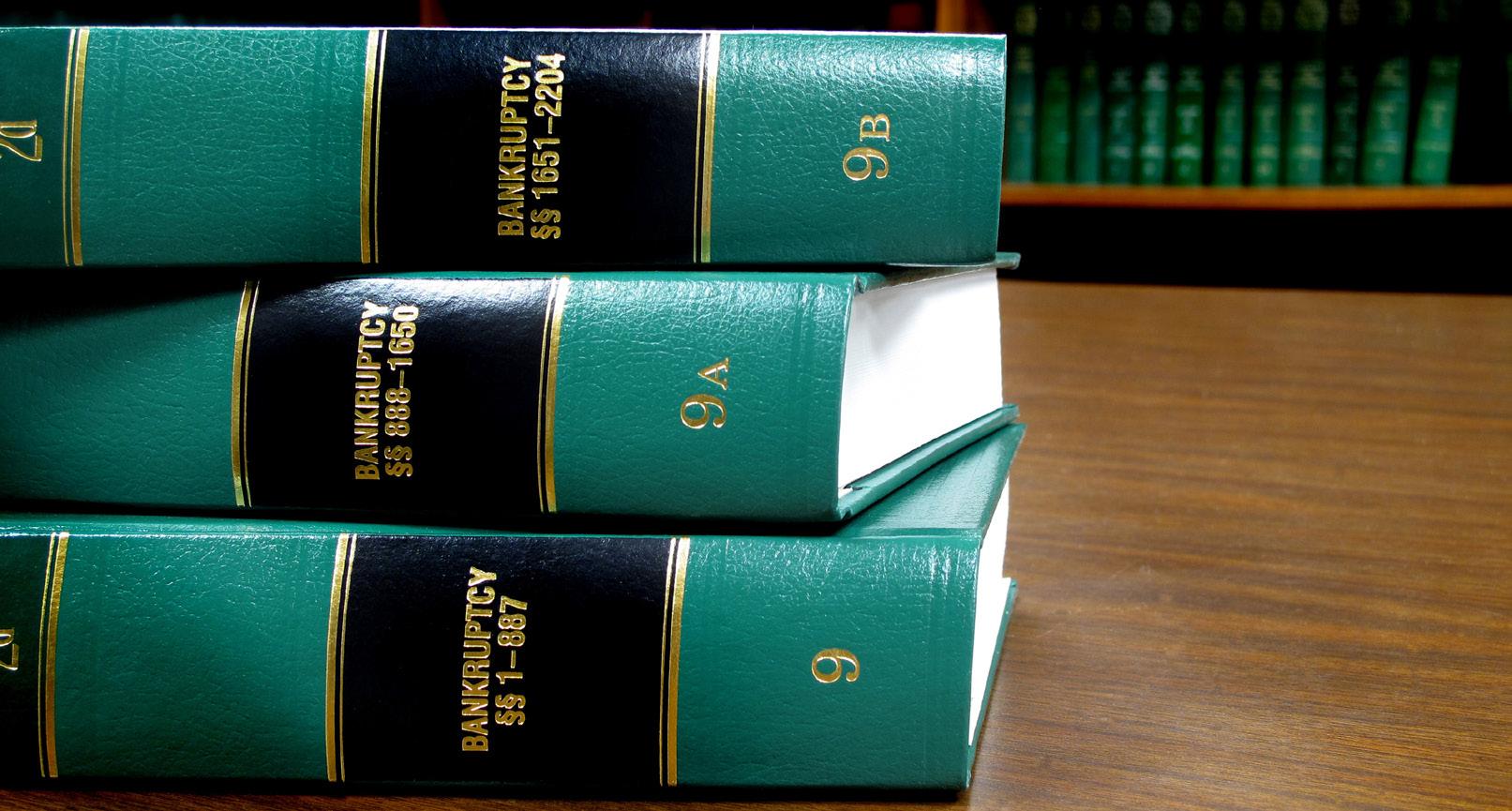
filing. A basic understanding of these exceptions can save time and avoid the expense of filing an unnecessary motion for relief from the automatic stay in the bankruptcy court.


